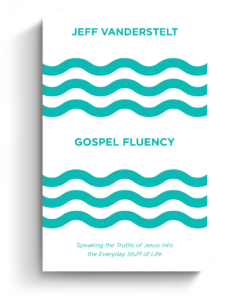
Oxford's Christian Revival: A Student's Surprising Journey Through Modern Academia
Religious openness is experiencing an unexpected resurgence at Oxford University, challenging the notion that academia and faith are incompatible. This shift manifests through both cultural and spiritual dimensions.
Cultural factors driving this change include widespread institutional distrust, with younger generations questioning established systems and seeking older, more transcendent principles. The church offers compelling community in an age of loneliness, providing genuine connection through shared rituals and gatherings.
There's also growing recognition of Christianity's role in Western civilization. While some intellectuals embrace "cultural Christianity" to preserve Western values, it's important to distinguish between genuine faith and merely instrumental approaches to religion.
Spiritually, many young people raised in secular households find themselves "haunted" by transcendent experiences, as described by Charles Taylor. They're increasingly drawn to supernatural perspectives that offer alternatives to purely materialistic worldviews.
Modern moral uncertainty, particularly around relationships and sexuality, has led many to appreciate Christianity's ethical framework. Young people exhausted by self-made morality are finding relief in traditional religious guidelines.
The nature of religious dialogue is evolving too. While previous generations focused on intellectual apologetics ("Is it true?"), younger people often ask more experiential questions ("Does it work?"). This reflects a broader shift from head to heart in spiritual exploration.

Gospel Fluency book cover design
At Oxford, spiritual conversations now arise naturally among students and faculty. While this openness may be particularly pronounced in humanities and social sciences, it suggests a broader cultural shift toward religious engagement and spiritual seeking.
This renaissance of religious interest, while notable at Oxford, potentially signals a wider renewal of faith engagement in secular societies. It challenges the assumption that modernization necessarily leads to secularization, suggesting instead a more complex relationship between contemporary culture and religious belief.
Related Articles

Can a True Believer Lose Their Salvation? Understanding Hebrews 10:26

